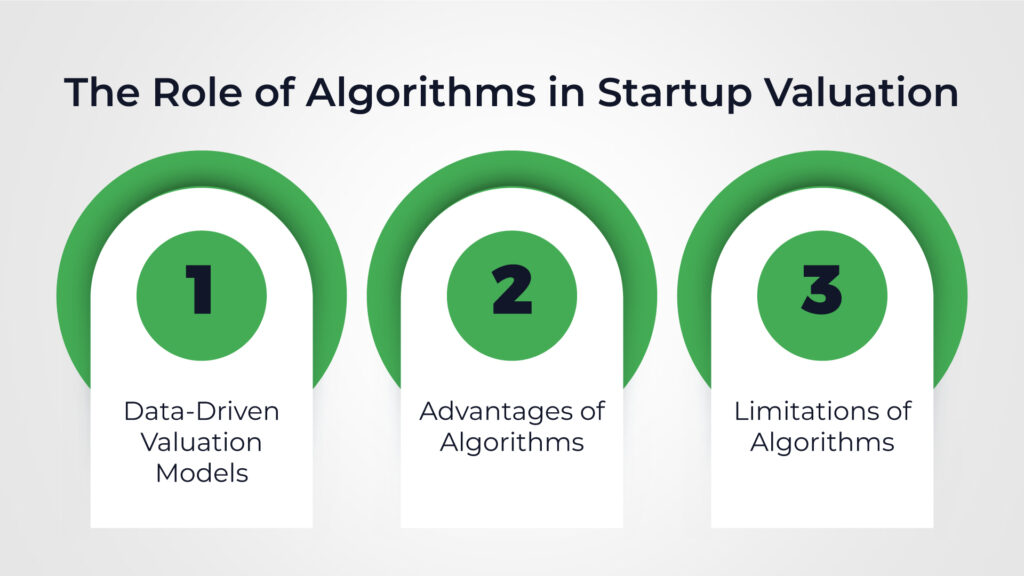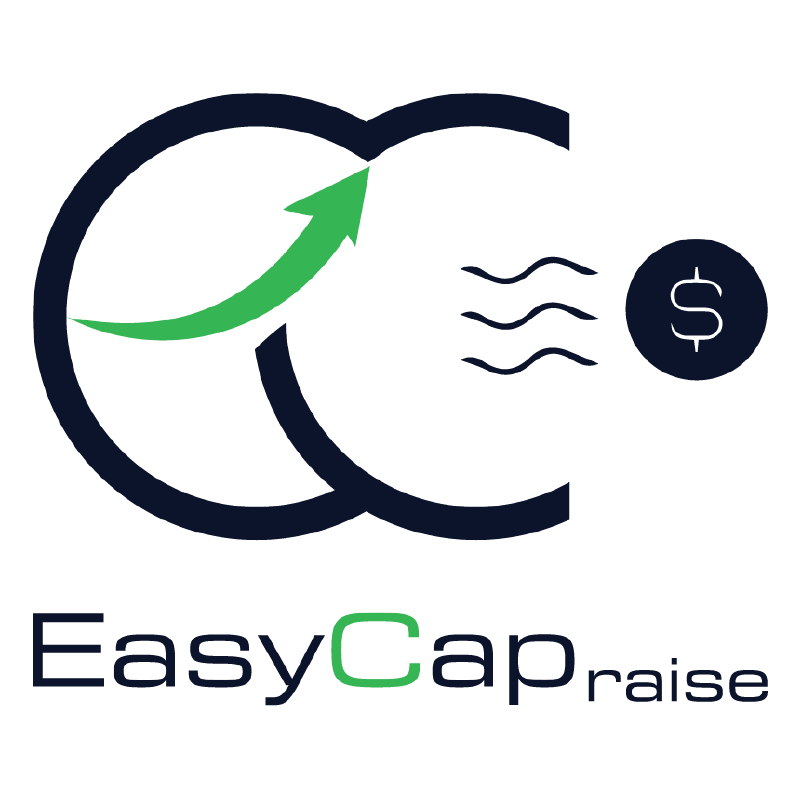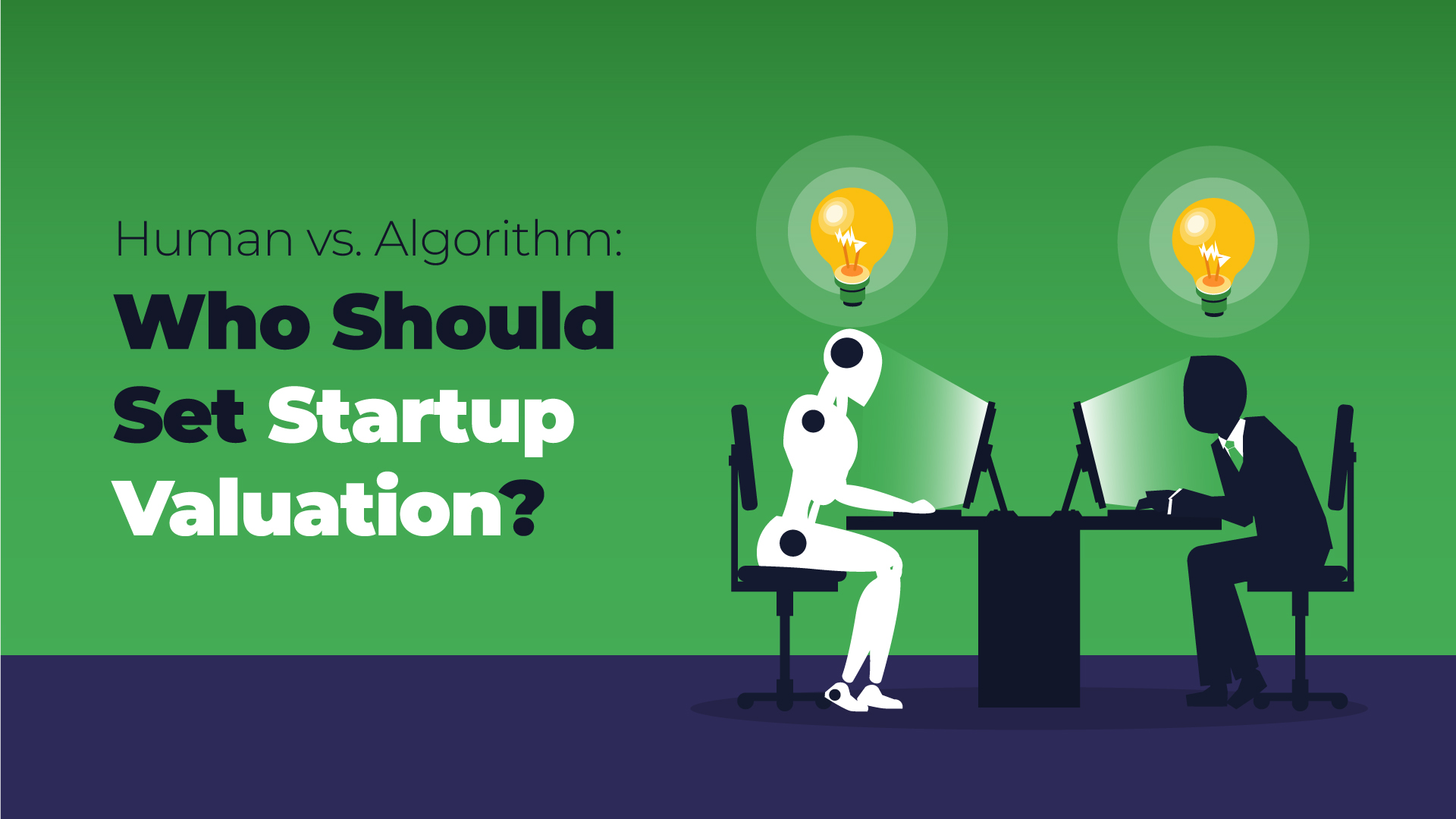Human vs. Algorithm: Setting Startup Valuation and Who Should Do It
[read_meter]
Setting startup valuation is a pivotal moment in the life of any emerging company. It not only determines the financial modeling of the business but also plays a crucial role in attracting investors, shaping strategic decisions, and charting the course for future growth. The process of setting startup valuation is far from straightforward, with numerous factors and approaches to consider.
The Role of Humans and Algorithms
In this digital age, both humans and algorithms are vying for the role of setting startup valuations. While algorithms offer data-driven precision, human judgment brings industry expertise, qualitative analysis, and emotional intelligence to the table. In this article, we explore the age-old question: Human vs. Algorithm – Who Should Setting Startup Valuation? We argue in favor of the human touch, highlighting the unique qualities that human judgment brings to the valuation process.
The Role of Algorithms in Startup Valuation

- Data-Driven Valuation Models
Algorithms utilize vast amounts of historical and real-time data to calculate startup valuations. They employ methodologies such as the discounted cash flow (DCF) analysis and comparables approach.
- Advantages of Algorithms
Algorithms offer objectivity, speed, and consistency. They can process immense datasets, perform complex calculations, and generate valuations swiftly.
- Limitations of Algorithms
Despite their strengths, algorithms have limitations. They struggle with qualitative assessments, unpredictable market changes, and ethical considerations.
Ready to take your business to the next level? Let Easy Capraise be your partner in raising capital and connecting you with the right investors. Contact us today to start your journey towards success!
The Human Touch in Startup Valuation
Industry Expertise and Contextual Knowledge
Humans bring valuable industry-specific knowledge and contextual understanding to the valuation process, allowing them to assess market dynamics and trends effectively.
Qualitative Factors
Startups possess intangible qualities that algorithms cannot easily evaluate, such as the strength of the founding team, vision, and execution capabilities.
Emotional Intelligence
Humans factor in emotional and psychological elements, including market sentiment and investor confidence, which significantly impact startup valuations.
Creativity and Innovation
Human expertise fosters creativity and innovative thinking, enabling the envisioning of future potential beyond data points and numbers.
The Case for a Hybrid Approach
Combining Human Judgment and Algorithms: A hybrid approach that combines human judgment with algorithmic analysis can leverage the strengths of both. Humans can provide context and qualitative insights, while algorithms offer data-driven precision.
The Benefits of Synergy: The synergy between humans and algorithms can result in more well-rounded and informed valuations, reducing biases and errors.
Practical Implementation: The practical implementation of a hybrid approach requires collaboration, access to data, and a commitment to adapt and evolve in a dynamic market.
The Dynamic Nature of Setting Startup Valuation
- Market Volatility and Changing Conditions
Startups operate in dynamic environments, and valuation needs to adapt to market volatility and changing conditions.
- Adaptability and Real-Time Adjustments
Humans excel at adapting to uncertainty and making real-time valuation adjustments based on new information and circumstances.
- Investor Relations and Trust Building
Building trust with startup founders and investors is a human skill that enhances the valuation process and fosters collaborative decision-making.
Ethical Considerations in Valuation
Social Responsibility: Valuation is not just about numbers; it involves ethical considerations. Humans are better equipped to factor in social responsibility and ethical dilemmas.
Ethical Dilemmas in Valuation: We explore ethical dilemmas that may arise during valuation, such as overvaluation, undervaluation, and the impact on stakeholders.
The Human Role in Ensuring Ethics: Human judgment is essential in upholding ethical standards and ensuring responsible and socially conscious valuations.
FAQ
What are the advantages of using algorithms in startup valuation?
Algorithms offer objectivity, speed, and consistency in processing data and performing complex calculations.
What unique qualities do humans bring to the startup valuation process?
Humans contribute industry expertise, qualitative analysis, emotional intelligence, and the ability to assess intangible factors like vision and execution capabilities.
Why is a hybrid approach recommended for startup valuation?
A hybrid approach combines human judgment and algorithms, leveraging their respective strengths to produce more well-rounded and informed valuations, reducing biases and errors.
How does market volatility affect startup valuation, and who excels at adapting to it?
Startups operate in dynamic environments, and humans excel at adapting to market volatility and making real-time valuation adjustments based on new information and circumstances.
Conclusion
The answer lies in striking the right balance in the age-old debate of human vs. algorithm. A hybrid approach, leveraging human expertise and algorithmic precision, offers the best of both worlds. Human judgment brings industry knowledge, adaptability, emotional intelligence, and ethical considerations to startup valuation. To set a startup valuation successfully, adopting a holistic approach that values both the quantitative and qualitative aspects is crucial, ensuring the most accurate and responsible assessment of a startup’s worth.
Contact us
Good to have you here! If you have any queries, please leave your message. Our team will reach out soon:)
.








